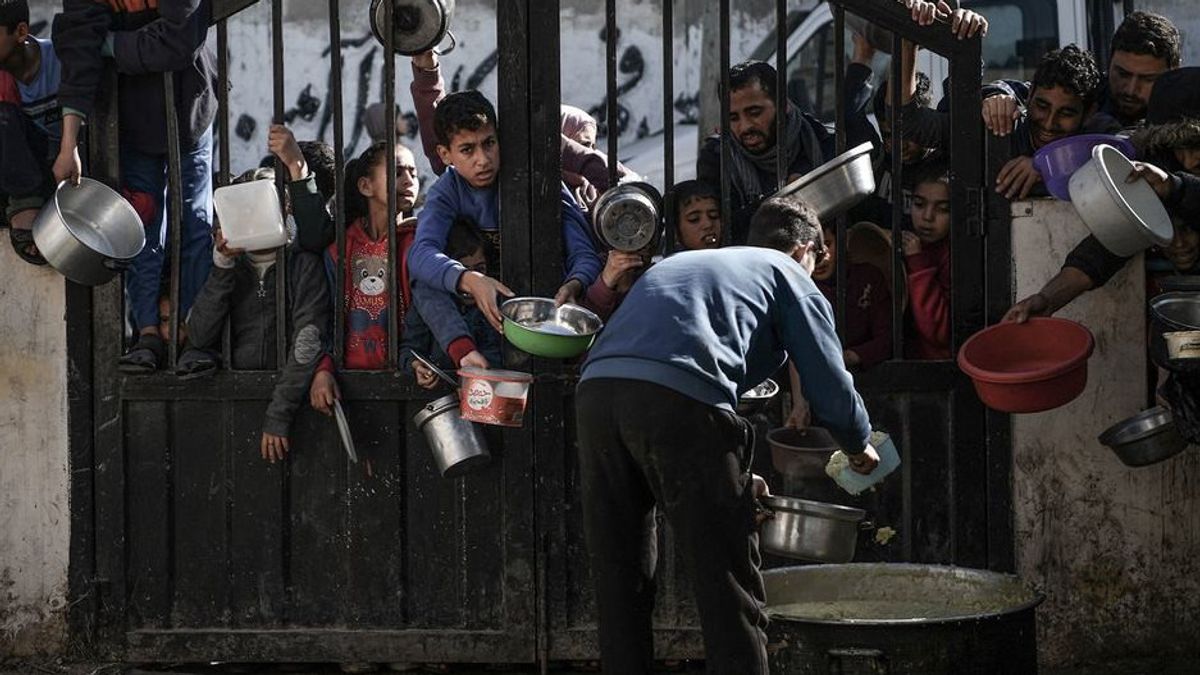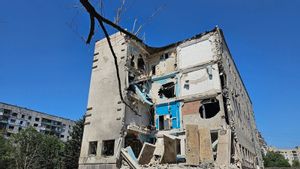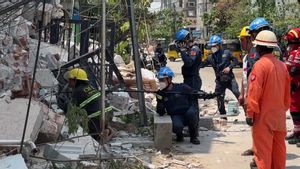JAKARTA - Nearly 3,000 children have been cut off from the treatment of moderate and severe acute malnutrition in southern Gaza, Palestine, putting them at risk of death from violent violence and evacuation, impacting access to health facilities and services.
This number, based on reports from UNICEF nutrition partners, is equivalent to about three-quarters of the 3,800 children who are expected to receive life-saving treatments in the south ahead of the escalating conflict in Rafah.
The risk that overshadows children who are more susceptible to falling ill due to malnutrition is also a concern.
Despite the slight increase in food aid shipments to the north, humanitarian access in the south has dropped dramatically. Preliminary results from recent malnutrition checks in the central and southern regions of Gaza show cases of moderate and severe malnutrition have increased since the second week of May, when aid deliveries and humanitarian access were significantly limited by the escalation of the Rafah attack.
"Horrible images continue to emerge from Gaza about children dying in front of their families due to the lack of food, nutritional supplies, and the destruction of health services," said UNICEF Regional Director for the Middle East and North Africa Adele Khodr, launching WAFA June 12.
"Unless treatment can be immediately continued for these 3,000 children, they are at direct and serious risk of falling ill, experiencing life-threatening complications, and joining a growing list of boys and girls who have been killed by unreasonable seizures and carried out by these humans," he explained.
The risk of rising cases of malnutrition occurred at the same time as malnutrition care services collapsed. Currently only two of the three stable centers in the Gaza Strip are treating children who are seriously malnourished functioning. Meanwhile, plans to open new centers have been postponed due to ongoing military operations across the Gaza Strip.
It is known, caring for children who are acutely malnourished usually takes six to eight weeks without interruption, requiring special therapeutic foods, clean water, and other medical support.
SEE ALSO:
Children who are malnourished have a high risk of developing illness and other health problems due to limited access to clean water, overflow of waste, infrastructure damage and lack of hygiene items.
"Our warning about increasing child mortality due to a combination of malnutrition, dehydration, and disease that can actually be prevented, should mobilize immediate action to save children's lives, but this destruction continues," explained Khodr.
"With the destroyed hospital, stalled care, and minimal supply, we are preparing to face even more child suffering and death," he said.
The English, Chinese, Japanese, Arabic, and French versions are automatically generated by the AI. So there may still be inaccuracies in translating, please always see Indonesian as our main language. (system supported by DigitalSiber.id)
















